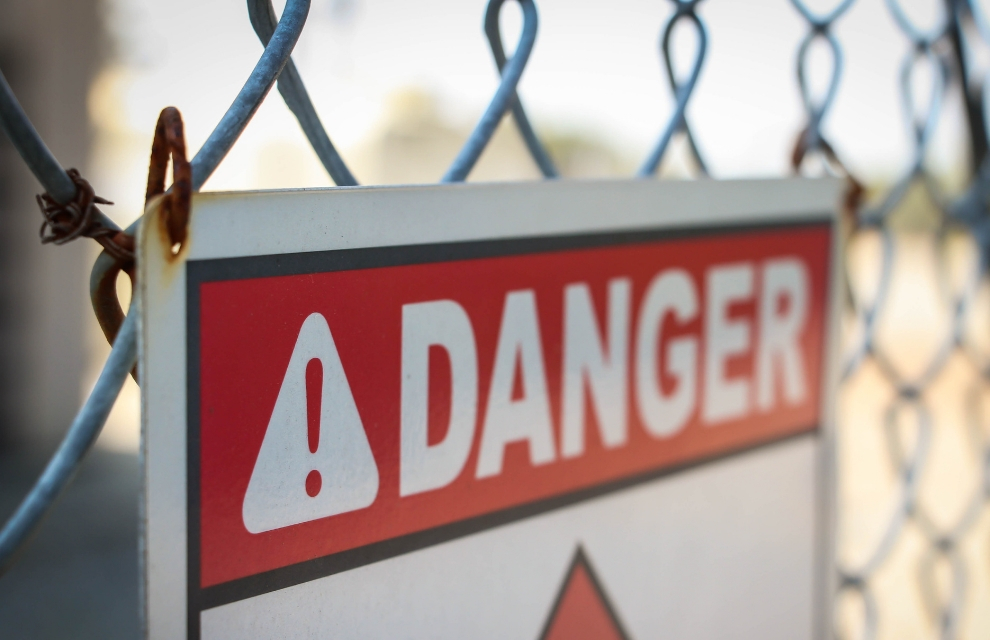US home states trying to apply unlawful and unnecessary taxes is the biggest threat to the captive industry, according to Dan Towle, president of the Captive Insurance Companies Association.
Speaking on the ‘international hot topics–a view from the US’ panel at the 2018 European Captive Forum, Towle referenced the cases involving Microsoftand Johnson & Johnson, and clarified that he was referring specifically to home states, not the domiciliary states.
He explained: “The home states in the US trying to apply taxes unnecessarily and unlawfully is the biggest threat to captives at the moment.”
“Whether it is the self-procurement tax or some other tax I think that is throwing a lot of caution to the wind with captives and I think that is going to cause some problems for years to come.”
David Provost, deputy commissioner of the Captive Insurance Division of the Vermont Department of Financial Regulation, was in agreement with Towle, and suggested that increased taxes may mean the popularity captives drops significantly.
Provost stated: “I was always taught that the cheapest way to do insurance was self-insurance.”
“Captives have a cost layer because of the regulation and the taxes. If you add more and more taxes on top then eventually it is going to discourage companies from using captives.”
He continued: “That may lead to an increase in self-insurance. No one has found a way to tax self-insurance yet, and companies will lose some of the control risk management benefits of a captive.”
“So, this is a chief threat facing captives.”
Provost highlighted the growing number of captive domiciles as another issue facing the captive industry.
He commented: “Domicile proliferation is another threat. The risk of having so many options in terms of captive domiciles is that the talent is dispersed and thinned out.”
Provost noted that domicile proliferation could also have a serious negative effect on the economies of some of domiciles.
He said: “There is also a danger that the positive economic impact of the captive industry on particular domiciles, such as Bermuda or the Cayman Islands, will be lost by spreading out captive business and talent.”






